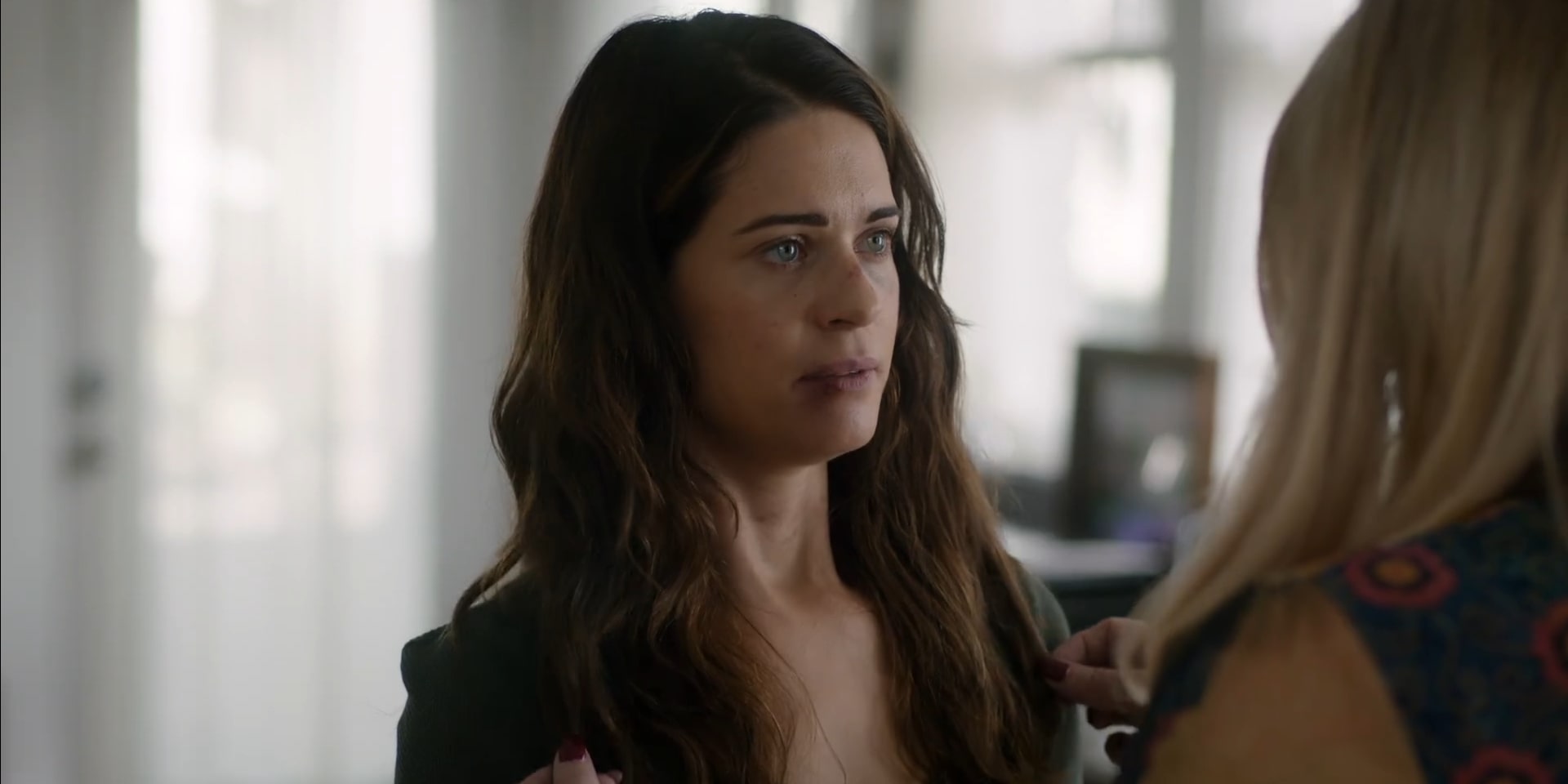‘You Can’t Take My Daughter’ is a Lifetime legal thriller film that narrates the story of a woman fighting for the custody of her daughter against her rapist. Amy Thompson is a law student in Charlotte who is attacked and raped by a friend of a friend, Demetri. The trial continues to be delayed, and Demetri stalks and harasses Amy. When she discovers her pregnancy, Amy makes the tough decision to keep the child, and a beautiful baby girl is born. Since Demetri is still walking free, Amy moves to Atlanta to begin a new life. However, Demetri finds her six years later and sues Amy for custody of her daughter.
With nowhere left to run, Amy leans on her investigative skills and prepares for the legal battle of her lifetime. The narrative presents an emotional rollercoaster from the perspective of a woman suffering from a miscarriage of justice and fighting to save her child. Watching the nightmarish scenario unfold for Amy, questions arise regarding the real-life inspiration behind the 2020 film.
You Can’t Take My Daughter is Based on the Life of Analyn Megison
Shockingly, ‘You Can’t Take My Daughter’ is based on actual events that took place in the life of Analyn Megison, a former Florida-based attorney. In 2003, Analyn Megison alleges that a man she knew raped and impregnated her at her Baton Rouge apartment. The man was never convicted of the crime. Megison decided to keep the child because she did not want to feel like a victim. However, to her horror, the alleged rapist returned to claim custody of her daughter in 2010.
“My rapist was never convicted for what he did to me,” wrote Megison in an opinion piece. “When the day came that I was served with court papers on his behalf, I was terrified of the danger this posed for my child, who had no idea what I would have to go through to protect her.” At that time in Florida, there were no laws in place to protect women going through what Megison did. Thankfully, the judge decided to withhold the daughter’s contact with the father until a complete evidentiary hearing on the alleged assault and rape could be carried out.
The case dragged on for two years, during which time Megison scoured through rapist parental rights policies in other states and began drafting a model for Florida. Megison was repeatedly told that under the laws of Florida at the time, a rapist father was as good as any other father. Never wanting anyone else to go through the nightmare she was grappling with, Megison carried out her research and began putting into motion her drafted model for legal changes on rapist parental rights.
At one hearing, the judge asked Megison if she could find a single law, even a federal one, to prevent the father from judicially securing access to her daughter. Megison could only ask for more time to do so. After reviewing the police reports detailing the father’s violent behavior, her medical records, and notes from a rape crisis center in 2012, the judge awarded Megison with sole custody over her daughter.
Megison’s proposed model led to the bipartisan passage of a new law in Florida state legislature which would shift the burden of proof required by a mother who accuses her child’s father of rape in family court. She would not have to prove beyond any reasonable doubt that the father was a rapist but would get custody based on clear and convincing evidence, just as with other civil cases of drug abuse or violence. Following Megison’s case, the federal Rape Survivor Child Custody Act was passed in 2015. The act provides financial incentives to states to pass laws terminating parental rights of a rapist if there is clear and convincing evidence.
The impact of Megison’s case extends beyond her personal story, inspiring broader changes in legislation at both the state and federal levels. Even after winning her case, Megison continued to help women going through similar experiences as her. “As good as it felt to win, all I could think about is all the other women like me out there who are going through this,” said Megison in an interview. “I had a responsibility to help them.” Today, Megison is a mother of three, working as a stockbroker and living in Phoenix.
‘You Can’t Take My Daughter’ sheds light on the harrowing real-life ordeal of Analyn Megison, a woman who fought tirelessly for custody of her daughter against her alleged rapist. The film depicts the emotional turmoil and legal battle faced by Amy Thompson, mirroring Megison’s own experiences. Megison’s courageous journey serves as a stark reminder of the challenges faced by survivors of sexual violence in many states, which still require a conviction of sexual assault to deny custody.
Read More: Is Lifetime’s The Ice Rink Murders Based on a True Story?






